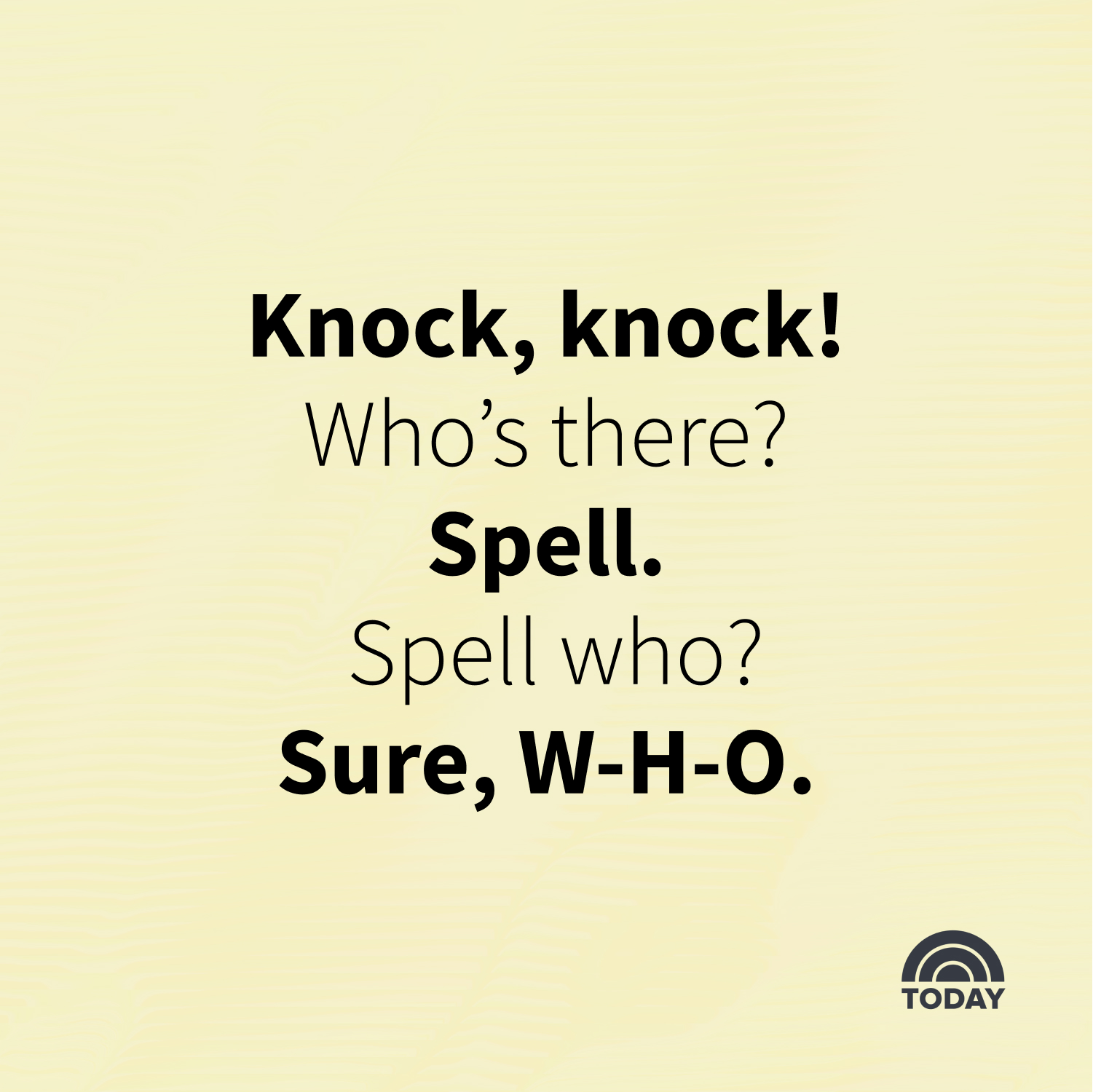Parent’s Guide to Knock Knock Jokes
Hello, jovial parents! Are you looking to introduce a bit more laughter into your family routine? Well, you’ve arrived at the right place! This helpful guide is specially designed for you, brimming with fantastic ideas on how you can weave in those funny knock knock jokes into your daily interactions with your little ones. It’s time we bring back that classic and humorous connection between parents and children through the timeless tradition of knock knock jokes.
What are Knock Knock Jokes?
If you are asking this, chances are you might have missed out on one of the best elements of youthful humor – Knock Knock jokes. But, it’s never too late to learn!
A knock knock joke is a type of joke, best known for its “Knock! Knock!” setup. These jokes are filled with puns and word-play, and quite often, they are simple enough for kids to understand and laugh at. The simplicity and silly humor of knock knock jokes can be a powerful tool in building rapport and shared laughter in a family set-up.
Why Knock Knock Jokes are Beneficial for Kids & Parents?
Believe it or not, these seemingly simple jokes can bring immense benefits. They’ll not only tickle your kids’ funny bones but also stimulate their language skills and cognitive thinking. Apart from these developmental benefits:
- They promote a bond between parents and children, encouraging shared moments of laughter and joy.
- They encourage creativity and thought-process as your child learns to come up with their own jokes.
- Knock knock jokes have educational value as they often play on words and homophones, thus indirectly teaching kids about the complexities of language.
- And last but not least – they’re just plain fun! Who doesn’t love a good laugh after a long, hard day?
How to Teach Your Kid Knock Knock Jokes
Included in this guide are not just the benefits but also the ‘how to’ part. So let’s delve into the humorous world of knock knock jokes and learn how to get your kids involved…
Stay tuned as we journey together in discovering and popularizing the ancient art form of humor – the classic knock knock jokes. Along the ride, we’ll also provide you some rib-tickling examples that are guaranteed to bring forth a sea of giggles and chuckles from your little ones! So, get ready to knock on the door of hilarity! Let’s go, joyful parents!

Start with Simple Jokes
Kick-start the humor journey with simple and straightforward knock knock jokes. Choose ones that have easy-to-understand puns that match your kid’s understanding and vocabulary level. Remember, the goal is to get them laughing and interested, not confused.
Explain the Jokes
Once your kid has laughed (or not), take a moment to explain the joke. This will not only make sure they understand the humor but also initiates them into the world of wordplay and puns, thus padding their language skills.
Involve Them in the Joke
Encourage your kids to partake in the joke. Divide the parts – you can deliver the “knock, knock” and “who’s there?”, and let them deliver the punch line. This engagement makes the joke more interactive and memorable.
Encourage Them to Come Up with Their Jokes
Once your kids get the hang of it, inspire them to create their jokes. This creative process not only boosts their thinking and language skills but also adds an exciting dimension to this fun activity.
Punch-Your-Gut Funny Knock Knock Jokes for Kids
Now that you know what knock knock jokes are, why they’re great, and how to teach them, we’ll leave you with a few examples that you and your children can enjoy.
- Knock, knock.
– Who’s there?
– Lettuce.
– Lettuce who?
– Lettuce in, it’s freezing out here! - Knock, knock.
– Who’s there?
– Olive
– Olive who?
– Olive you and miss you! - Knock, knock.
– Who’s there?
– Boo.
– Boo who?
– Don’t cry, it’s just a joke!
Concluding the Journey of Jokes
With this guide, we hope to have given you a handy tool to make family times more joyous and filled with laughter. Remember, the aim is to have fun and bond with your kids, while subtly aiding their developmental growth. So why wait? Start knocking on the doors of fun today with these knock-knock jokes! Make every day a laughter-filled day with your kids. Let the Knock-Knock laughter fest begin!
Preparing for a Knock Knock Joke: A Guide for Parents
Preparing your child for knock-knock jokes can be a delightful and amusing journey. Here are five things every parent should know in preparation for teaching knock knock jokes.
1. Understanding the Format
The first step in preparing for a knock-knock joke is understanding the format. The structure is usually consistent, and it goes like this: “Knock, knock,” “Who’s there?” followed by a phrase, and finally, “Phrase who?” This sets up the punchline.
2. Keep it Simple
Knock-knock jokes are perfect for children because they are usually short and simple. Maintain straightforward and easy-to-understand humor. The goal is to make the child laugh, not to confuse them with elaborate wordplay.
3. Be Creative
An essential part of knock-knock jokes is creativity. Encourage your child to come up with their jokes. This not only helps them to think creatively, but it also helps them to comprehend and enjoy the fun associated with jokes.
4. Practice Makes Perfect
The joy of knock-knock jokes is not just in their humor, but also in their delivery. Practice telling the joke with your child, emphasizing the rhythm and timing.
5. Laugh Together
Finally, make sure to laugh with your child. Responding with laughter and delight, whether the joke makes sense or not, can boost your child’s confidence and inspire them to engage more with humor and comedic storytelling.
So, there you have it – five essential tips for parents preparing for the knock knock joke stage. Enjoy this amusing journey with your child, for it promises lots of laughter and fun!
For more great articles please see here. For more information see here
Disclaimer
The articles available via our website provide general information only and we strongly urge readers to exercise caution and conduct their own thorough research and fact-checking. The information presented should not be taken as absolute truth, and, to the maximum extent permitted by law, we will not be held liable for any inaccuracies or errors in the content. It is essential for individuals to independently verify and validate the information before making any decisions or taking any actions based on the articles.




